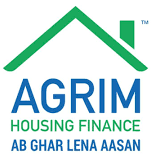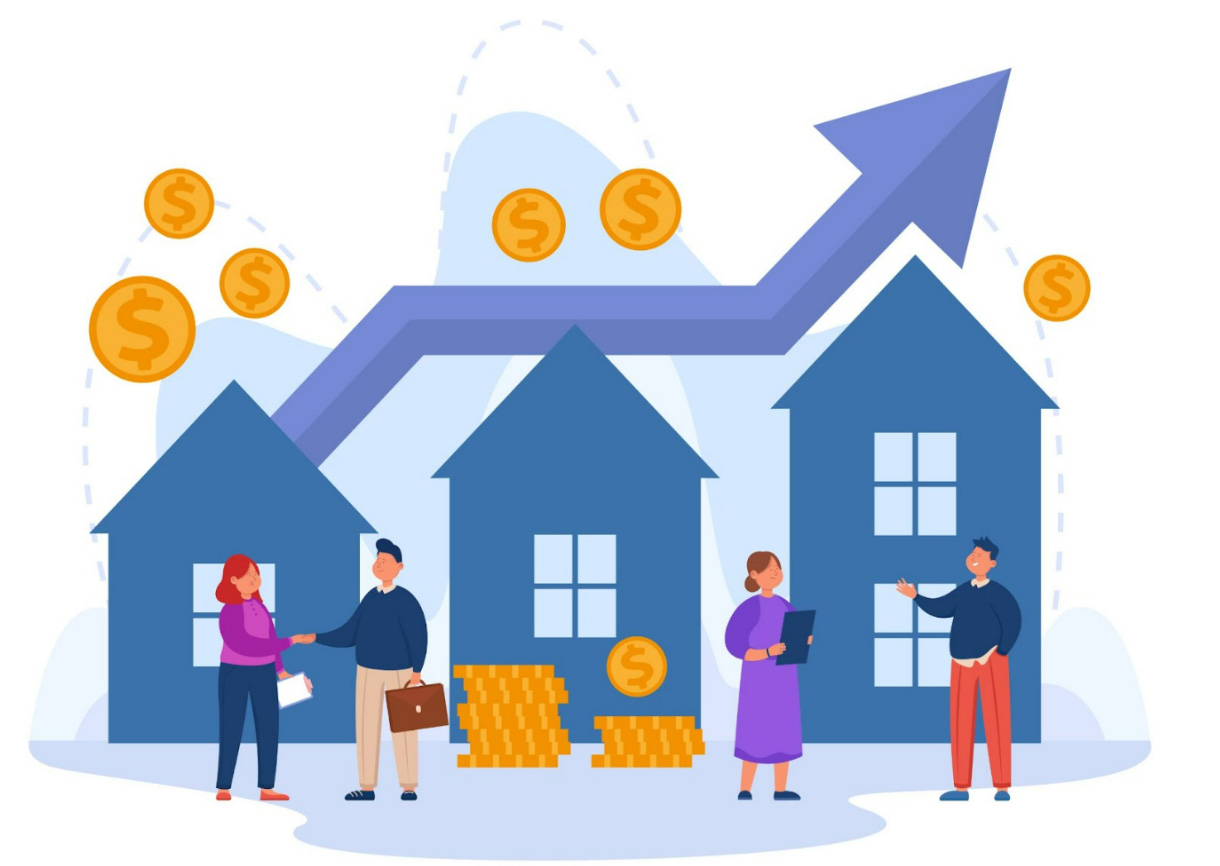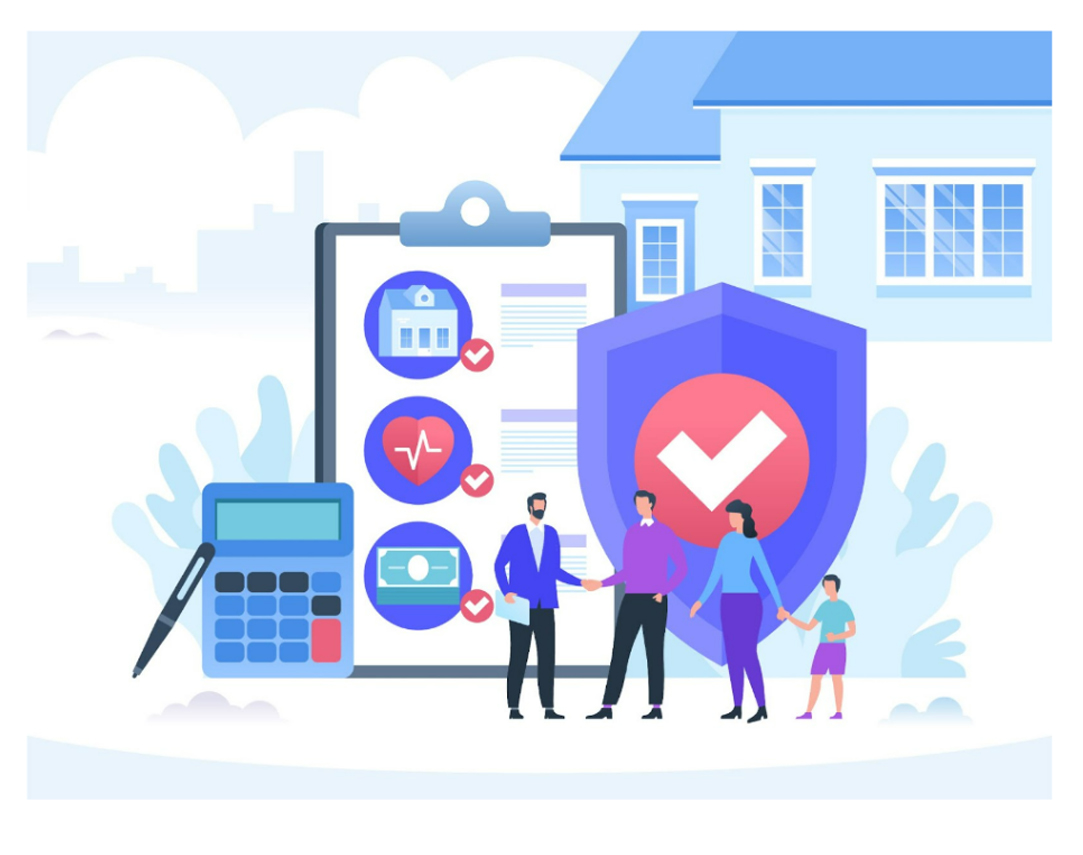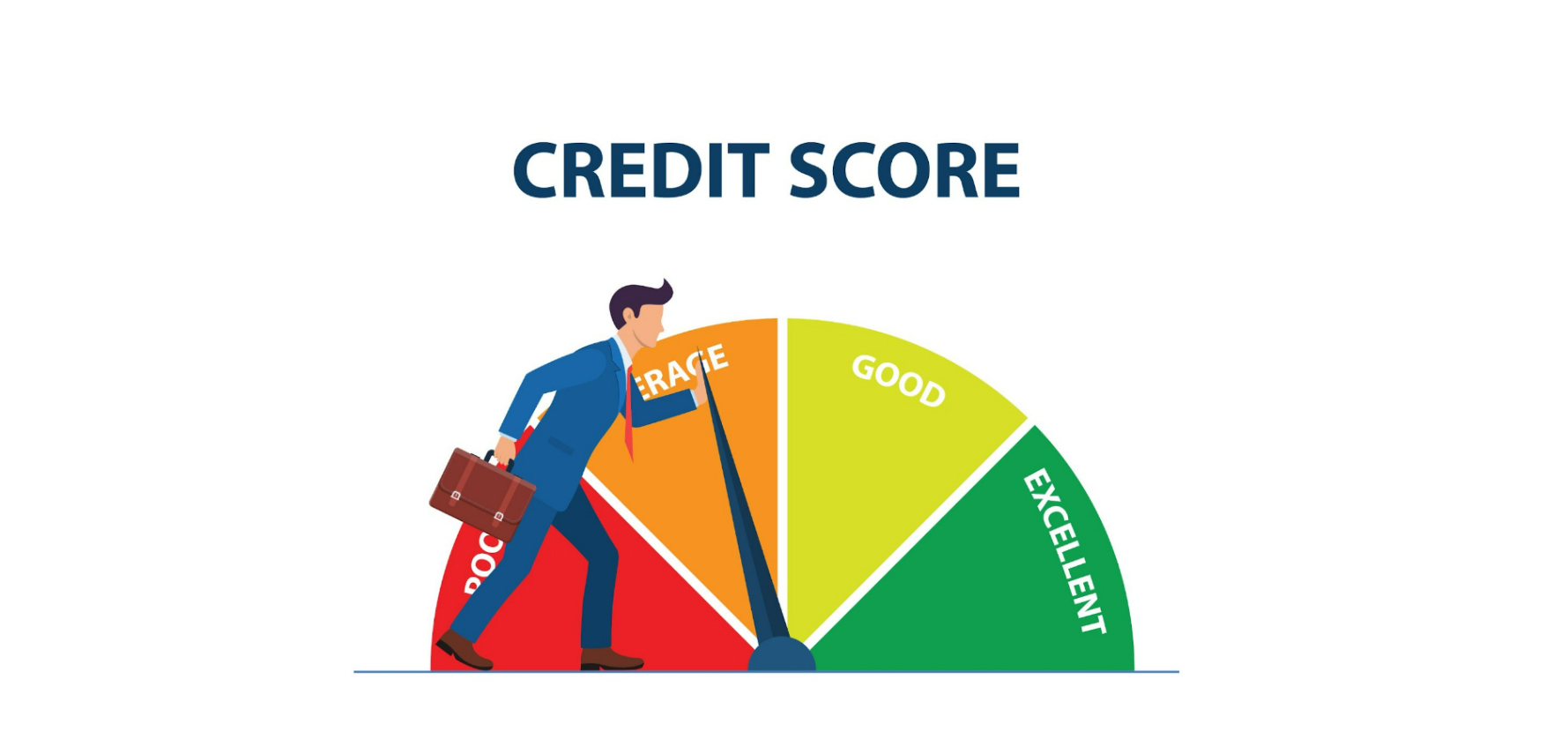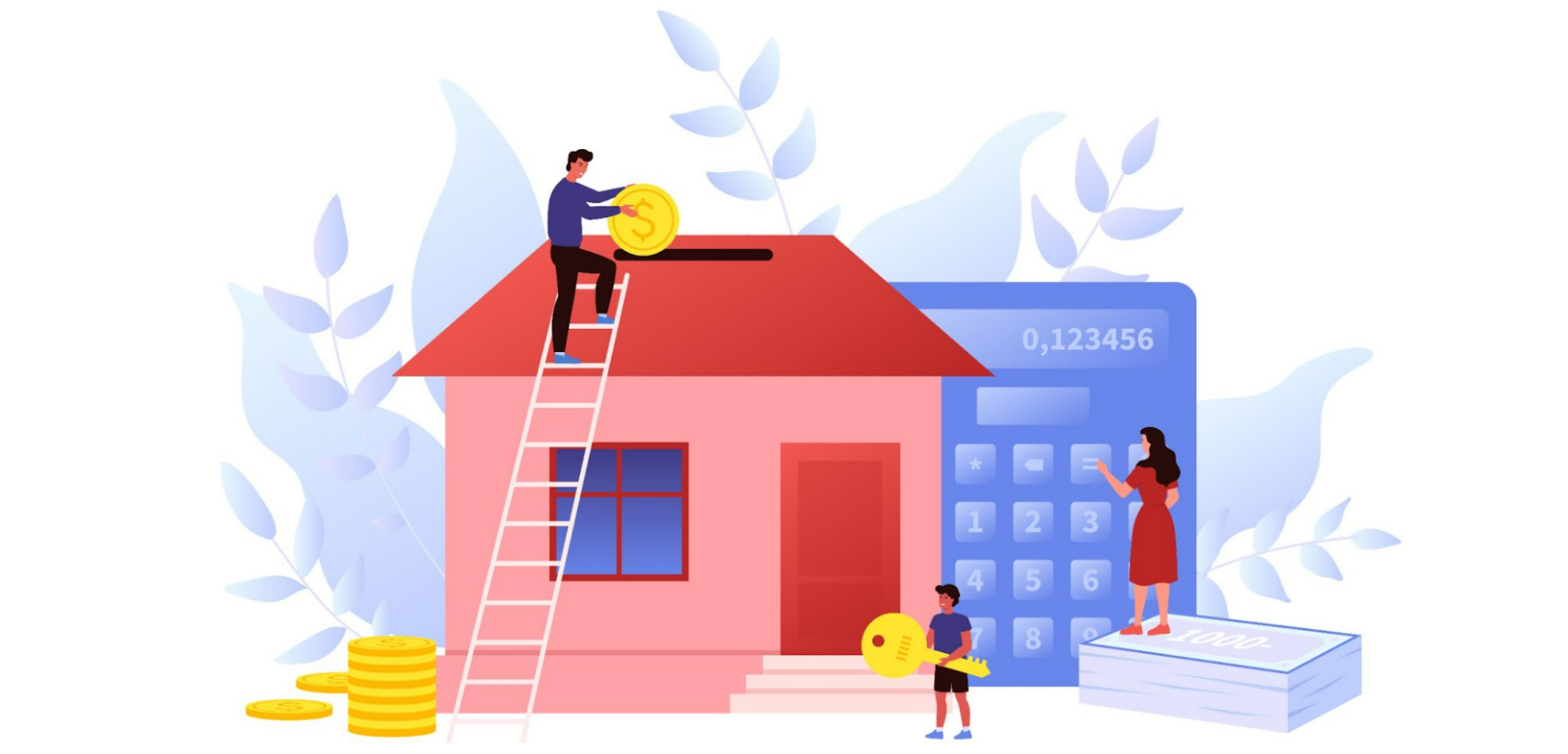Fixed vs. Variable Interest Rates: Which Is Better for Your Home Loan?
Choosing between fixed and variable interest rates is one of the most critical decisions when taking out a home loan. Each option has its advantages and disadvantages, and the right choice depends on your financial goals, risk tolerance, and market conditions. In this article, we will explore the differences between fixed and variable interest rates to help you determine which is better for your home loan.
Fixed Interest Rates
Fixed interest rates remain constant throughout the loan term. Here are some key points to consider:
Stability and Predictability:
• Fixed rates provide financial stability and predictability. Your monthly mortgage payments will remain the same for the entire loan term, making it easier to budget and plan.
• This stability is particularly beneficial in times of economic uncertainty or when interest rates are expected to rise.
Long-Term Planning:
• Fixed rates are ideal if you plan to stay in your home for a more extended period, as they protect you from interest rate fluctuations over the years.
• They are also suitable if you prefer the peace of mind that comes with knowing your mortgage payments won’t change.
Higher Initial Rates:
• Fixed interest rates tend to be higher than the initial rates of variable loans, which means higher upfront costs.
• However, this difference can be mitigated if variable rates rise significantly in the future.
Variable Interest Rates
Variable interest rates, also known as adjustable or floating rates, can fluctuate over the life of the loan. Here are some key considerations:
Initial Lower Rates:
• Variable rates often start lower than fixed rates. This means lower initial monthly payments and potentially more affordable home financing.
• They are ideal if you want to take advantage of lower rates at the beginning of your loan.
Rate Fluctuations:
• Variable rates can go up or down, depending on changes in the market, economic conditions, or central bank policies.
• This variability can result in unpredictable monthly payments, making it harder to budget for the long term.
Risk and Reward:
• Variable rates carry a degree of risk but also offer the potential for savings if interest rates remain low or decrease.
• If you are financially flexible and can handle rate fluctuations, a variable rate might be advantageous when rates are expected to stay stable or decline.
Conclusion
The choice between fixed and variable interest rates for your home loan is a significant decision. It varies on your financial goals, risk tolerance, and the current market conditions. Weigh the pros and cons of each option and consult with financial professionals to make an informed choice that aligns with your homeownership journey.
